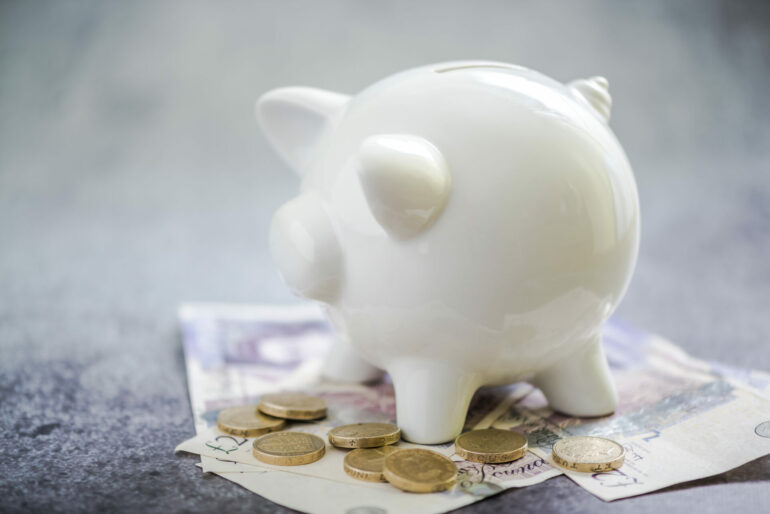The rising ill health epidemic is severely impacting the financial resilience of individuals in the UK, according to figures from the HL Savings & Resilience Barometer.
The data reveals that only 5% of those in poor health are considered to have ‘great’ levels of financial resilience, compared to 31% of people in good health.
Furthermore, only 34% of those in poor health have sufficient savings, compared to 65% of the overall population.
Sarah Coles, head of personal finance at Hargreaves Lansdown, said: “Those in poor health are around half as likely to have enough savings as those in good health, less than half as likely to be on track for a moderate pension income, quarter as likely to have enough cash left over at the end of the month, and a sixth as likely to be ranked as having great levels of financial resilience overall. So it’s particularly worrying that ill health is such a growing issue.”
Long-term sickness is affecting all age groups and contributing to the problem is the difficulty in accessing care.
In January, 22% of people were waiting for a hospital appointment, test, or treatment through the NHS, and 31% said waiting for treatment had affected their work.
Helen Morrissey, head of retirement analysts, emphasises the importance of considering the possibility of deteriorating health and planning for the future, suggesting individuals review their emergency savings and pension contributions while they are in good health.
She said: “Long-term sickness doesn’t just affect our finances today, it also severely limits our opportunities to build for the future.
“Gaps in employment, or periods where we have to work part time, can mean people are struggling to manage day-to-day on a lower income, so it’s no wonder that their pension saving tends to suffer too.”



